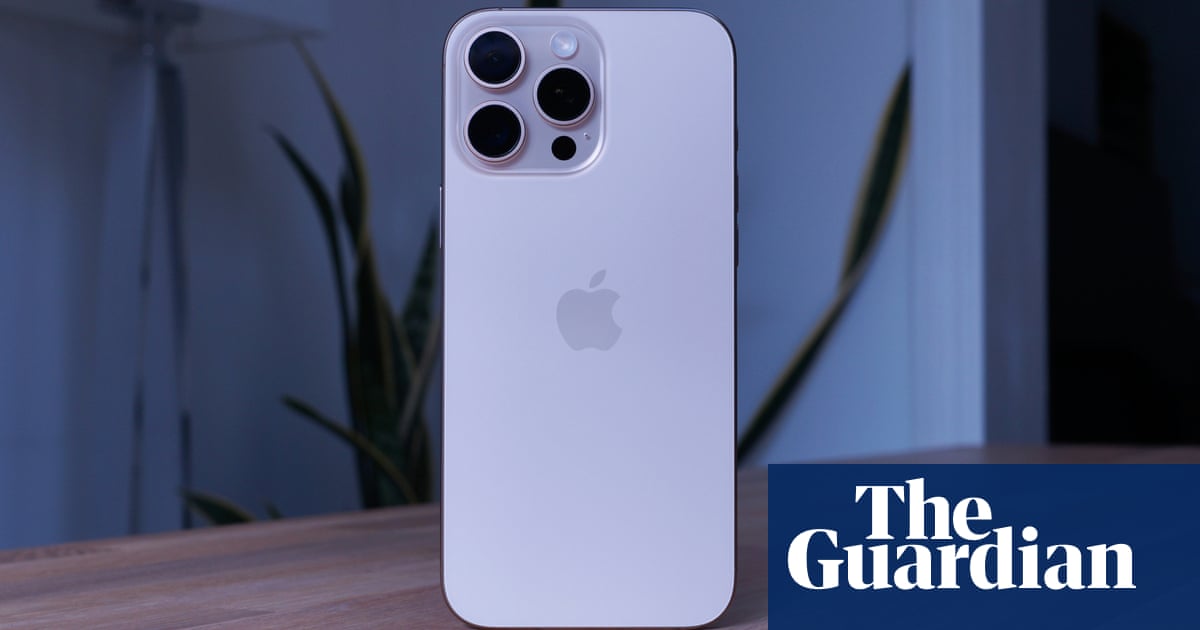
Indonesia has prohibited the marketing and sale of the iPhone 16 model over Apple’s failure to meet local investment regulations, according to its industry ministry.
South-east Asia’s biggest economy has a young, tech-savvy population with more than 100 million people under the age of 30, but Apple still does not have an official store in the country, forcing those who want its products to buy from resale platforms.
Indonesia’s industry ministry spokesperson said imported phones of the iPhone 16 model – which launched in September – could not be marketed domestically because Apple’s local unit had not met a requirement that 40% of phones be made from local parts.
“The iPhone 16 devices imported by registered importers cannot yet be marketed domestically,” the ministry spokesperson, Febri Hendri Antoni Arif, said in a statement on Friday.
“Apple Indonesia has not fulfilled its investment commitment to obtain … certification.”
To reach that percentage, Apple must invest in Indonesia and source Indonesian materials to be used for iPhone components, according to local media reports. Apple had previously committed to investing 1.7tn rupiah in Indonesia but had only invested 1.5tn as of earlier this month, according to Bloomberg.
Apple did not respond to the Guardian’s request for comment.
The ministry said the new Apple phones could be carried into Indonesia as long as they were not being traded commercially.
It estimates just 9,000 units of the new model have entered the country, which has a population of around 280 million. Though those units entered the country legally, selling it in Indonesia would be illegal, Arif added.
Indonesia has used similar bans to encourage domestic production in the past – with mixed results. Apple previously warned that an import ban on 4,000 goods such as laptops and raw materials that went into effect in March would result in a shortage of laptops in the country. Several companies have scaled back their operations as a result of the ban. However, the country’s years-long restrictions on the import of mineral ores has resulted in the acceleration of Indonesia’s own battery sector.
Indonesia’s smartphone market shipment share in the second quarter of the year was dominated by China’s Xiaomi, Oppo and Vivo, as well as South Korea’s Samsung, according to Counterpoint Research.
The lack of presence in Indonesia is a missed opportunity for the company that enjoys considerable success in other parts of Asia. There are 350m active mobile phones in Indonesia – even more than the current population of the country, Bloomberg reported.
In April, the Apple chief executive, Tim Cook, visited Indonesia as the tech giant explores ways to invest in south-east Asia’s biggest economy and diversify supply chains away from China.
He met the then president, Joko Widodo, and his successor, Prabowo Subianto, for talks after the iPhone maker announced it would expand its developer academies in the country.
Source: theguardian.com


















